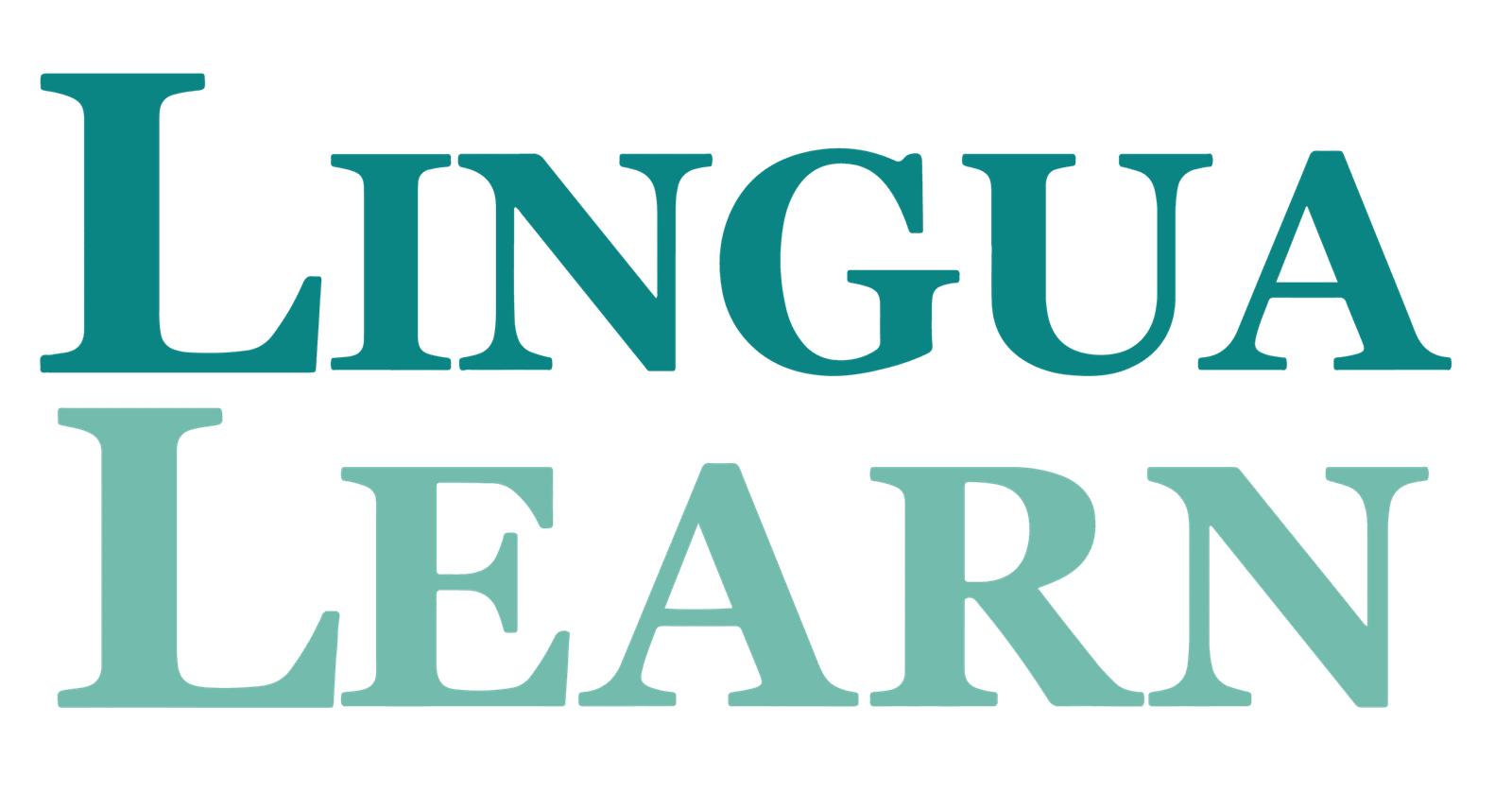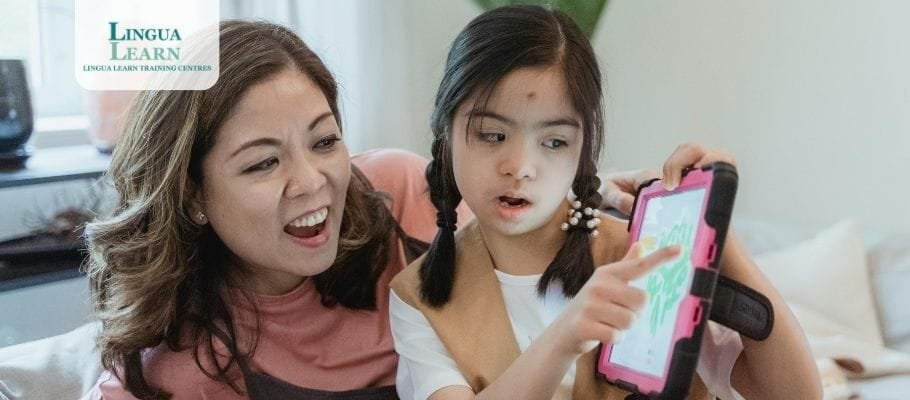7 Proven Benefits of Bilingualism for Kids: Boost Problem-Solving Skills
Parents today want their children to be adaptable, creative, and confident learners. One of the best ways to achieve this is by raising them bilingual. The benefits of bilingualism for kids go far beyond learning another language—they include improved problem-solving, stronger memory, and even higher academic achievement. In this guide, we’ll explore seven powerful ways bilingualism can transform your child’s cognitive and social growth.
1. Stronger Problem-Solving Skills
When children manage two languages, their brains constantly practice choosing the right words and switching between rules. This mental exercise develops executive function, which is directly tied to problem-solving. Neuroscience research from The Dana Foundation shows that bilingual children often outperform their peers in tasks that require flexibility and critical thinking.
2. Better Focus and Concentration
Bilingual kids are skilled at filtering distractions. Because their brains regularly decide which language to use, they naturally strengthen attention control. This means they can concentrate longer on schoolwork, problem-solving games, and real-life challenges.
3. Enhanced Memory Skills
Memory is crucial for learning. Bilingual children practice using their working memory every time they recall vocabulary, grammar, or cultural expressions. This daily brain training makes it easier for them to remember formulas in math, facts in science, and sequences in reading.
4. Increased Creativity
Problem-solving is not only logical but also creative. According to NPR, bilingual individuals often excel at divergent thinking—the ability to generate multiple solutions to a single challenge. For kids, this means more imaginative storytelling, innovative project ideas, and stronger group collaboration.
5. Academic Success in Multiple Subjects
The benefits of bilingualism for kids also show up in the classroom. Skills like focus, memory, and problem-solving help children perform better in math, reading, and science. For parents who want to combine language learning with school achievement, our After-School Tuition Programs are designed to support both academic and cognitive growth.
6. Social and Emotional Growth
Bilingual children can connect with more people, understand different perspectives, and navigate diverse cultural situations. This social flexibility makes them strong problem-solvers in real-world interactions, helping them build confidence and empathy along the way.
7. Lifelong Cognitive Benefits
The advantages don’t end in childhood. Research shows that bilingual individuals maintain sharper minds well into adulthood, delaying cognitive decline and enhancing adaptability in professional and personal life. Giving your child bilingual skills is truly an investment in lifelong success.

creative
How Parents Can Support Bilingualism
Encouraging bilingualism doesn’t have to be complicated. Here are three practical steps you can take today:
- Start early: Young children absorb languages naturally—exposure from an early age gives them a head start.
- Make it fun: Use songs, games, and storytelling to keep learning engaging.
- Choose structured learning: Enrolling in professional courses ensures steady progress and builds confidence.
If you’re ready to take the next step, explore our Kids Language Courses designed to blend fun with effective learning.
Conclusion: Unlock Your Child’s Full Potential
The benefits of bilingualism for kids are clear and well-documented: sharper problem-solving, stronger focus, enhanced memory, improved creativity, and better school performance. More importantly, these skills prepare children for the challenges of tomorrow—whether in higher education, social life, or global careers.
Don’t wait—support your child’s bilingual journey today and watch their problem-solving skills and confidence flourish.

